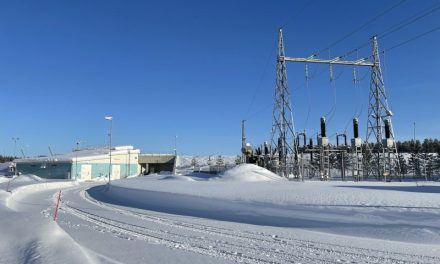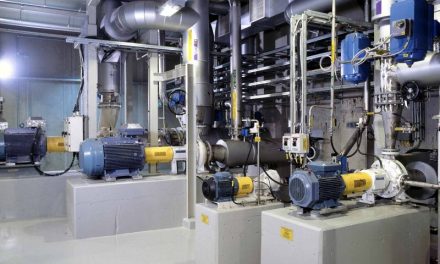Nexans has been a long-standing player in the world’s sustainable electrification. The shift by major industrial groups to be more committed to energy decarbonization is more of a priority than ever before.
The global demand for electricity will continue to increase into the future, posing several challenges for electrification projects. Nexans is at the heart of these issues. Nexans is fully aware of its responsibility to electrification and is operationally committed to achieving this goal, that is why the company announced at its inaugural Climate Day event that it will be carbon neutral by 2030. Nexans plans to achieve carbon neutrality through a clearly defined roadmap:
4.2% average annual reduction of company greenhouse gas emissions, particularly on scopes 1&2[1];
100% of production sites certified ISO 14001;
100% of production waste to be recycled;
100% of R&D projects to be dedicated to energy efficiency and energy transition, promoting
eco-design and low carbon offers;
Optimization of logistical flows by using multi-modal transport and shorter delivery routes;
100% of Nexans cable drums to be connected using IoT[2] technologies and recyclable;
100% of Nexans employee automobile fleet to switch to either hybrid or electric vehicles;
Use of renewable energy via local production or the purchase of decarbonized energy for all locations;
Deployment of energy efficiency solutions at all sites.
In light of the commitment set out by the European Green Deal and the Paris agreements (COP21), to set a limit of 1.5°C for global warming by 2030, Nexans is more committed than ever to taking concrete action to fight global warming.
Christopher Guérin, CEO of Nexans said: “Our commitment to carbon neutrality concerns all aspects of our company, from manufacturing products, developing innovations and solutions, managing daily operations, to the use of raw materials and working habits. All Nexans teams are mobilized and fully engaged, both individually and collectively, as the success of our commitment is at the heart of our corporate management philosophy of 3P’s: People, Planet, Profit.”
“More than ever, we are reaffirming our cultural, industrial and commercial responsibility and commitment because we are aware that our actions, as well as our production, products and services, have an immediate impact on climate issues.”
[1] This objective applies to scopes 1 and 2 as well as part of scope 3 relating to business travel, waste produced, as well as upstream and downstream transport, as defined by the GHG protocol – https://ghgprotocol.org
[2] IoT: Internet of Things




